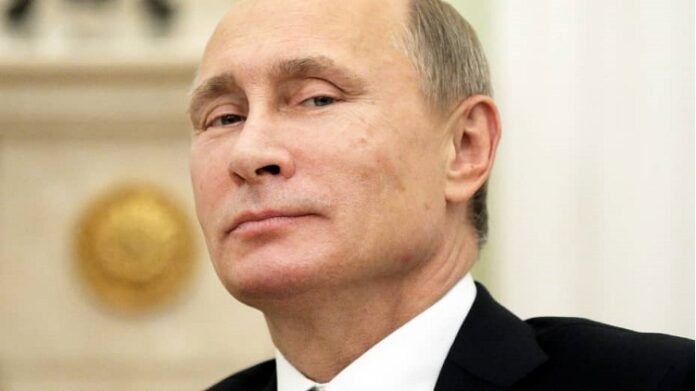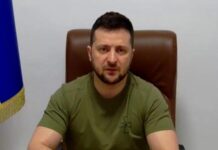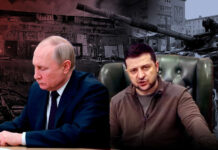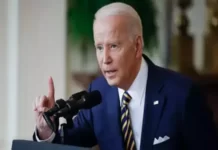As German Chancellor Angela Merkel prepared for talks with Russian President Vladimir Putin this week to try to resolve the crisis, the US said on Sunday that Russia might invade Ukraine “any day now” and that it may construct a surprise justification for an attack.
Although Washington has stated that diplomacy remains an option, it has also stated that Russia’s military, which has more than 100,000 troops stationed near Ukraine, is ready to strike.
Moscow denies any such preparations and dismisses accusations as “hysteria,” but high-level talks between Russian and Western officials in recent days have yielded no breakthrough that could help calm the issue.
On the eve of a trip to Kyiv and Moscow, German Chancellor Olaf Scholz urged for a de-escalation of tensions with Russia. According to a German source, Berlin does not expect “concrete outcomes,” but diplomacy is critical.
If Moscow invaded, Scholz warned severe sanctions.
“We cannot accurately anticipate the day,” White House National Security Adviser Jake Sullivan told CNN. “”However, we’ve been saying for some time that we’re in the window, and that a Russian invasion – a big military action – in Ukraine may start at any time.”
Sullivan stated that the US would continue to share intelligence with the rest of the world in order to prevent Moscow from staging a surprise “false flag” operation that might be used as a justification for an attack.
Officials from the United States said they couldn’t confirm claims that Russian intelligence was planning an invasion on Wednesday.
In a phone discussion with Putin on Saturday, US President Joe Biden informed his Ukrainian counterpart Volodymyr Zelenskiy that any invasion would damage and isolate Moscow, and that the West would respond severely.
Biden’s call was substantive, but there was no fundamental change, according to a senior US administration official.
Putin warned Biden, according to the Kremlin, that Washington had failed to address Russia’s core concerns and that it had received no “serious response” on crucial security issues.
Putin seeks guarantees from the US and Nato, including the barring of Ukraine’s membership in Nato, a moratorium on missile installations near Russia’s borders, and a reduction in Nato’s military infrastructure in Europe to 1997 levels. Many of the ideas are unpopular in Washington, but they have prompted the Kremlin to discuss them with the US and its European allies.


















